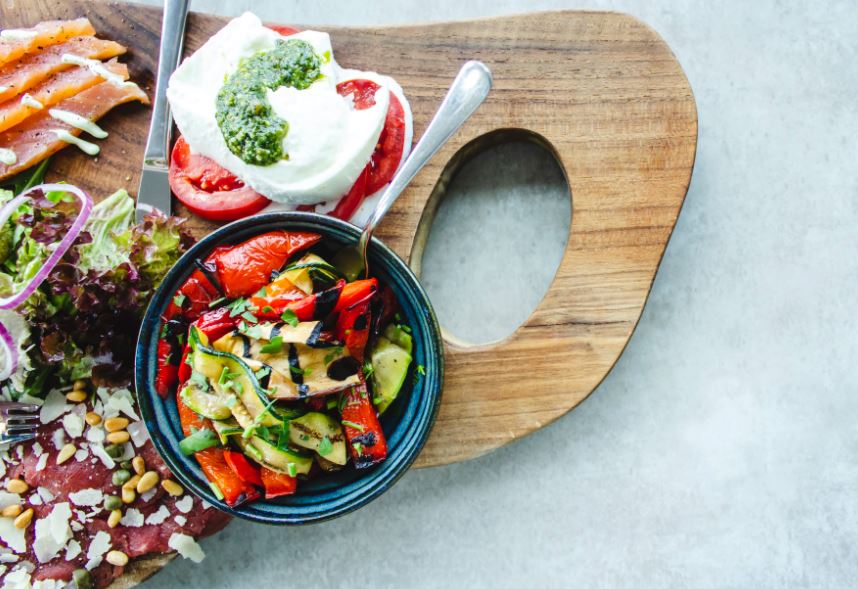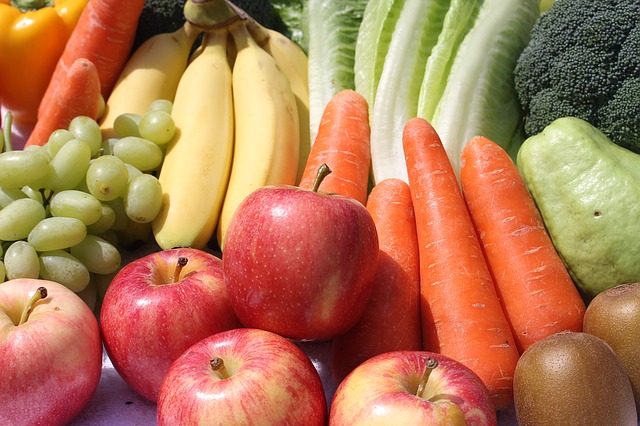Side dishes complete a meal. They not only fill people up more, but they also supplement nutrients that people might miss out on in their main entree. With the mail course often focusing on protein, vegetables make up most popular side dishes. Side dishes are versatile and customizable, great for bringing to family gatherings. Here are some creative and healthy side dishes that utilize fresh vegetables:
Garlic Parmesan Roasted Potatoes
Potatoes are naturally both very healthy and filling but are often cooked using unhealthy methods. Garlic parmesan roasted potatoes are an excellent side dish as they provide a great mix of flavor and nutrients that one might otherwise miss out on. Garlic and cheese roasted together make a tasty combo that everyone can enjoy. Tip: avoid relying on parmesan cheese for flavor and instead punch up the garlic for a healthier recipe.
Roasted Vegetables
This option, being a more practical and easier recipe, is very versatile with whatever you might be cooking for dinner. Choose any kind of combo of vegetables to create a more tender and flavorful side dish containing however many of your favorite summer vegetables.
Baked Zucchini Fries
Anyone who is a french fry connoisseur can make their own healthier version with zucchini instead of fried potatoes. They are baked, not fried, to provide a healthier alternative that is both flavorful and low on calories per serving.
Honey Glazed Baby Carrots
Carrots are a great source of vitamins, fiber, and antioxidants that can be combined with a sweet topping. Honey glazed baby carrots are an easy side dish that is both sweet and healthy that can be made in as little as fifteen minutes!
Dr. Barbara Edwards, a Princeton MD is the Academic Director for the Ambulatory Residency Program at Penn Medicine Princeton Health, providing quality care to uninsured and under-insured New Jersey residents in Mercer and Middlesex counties.






